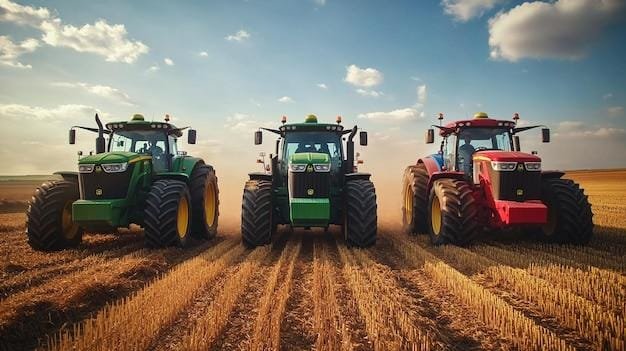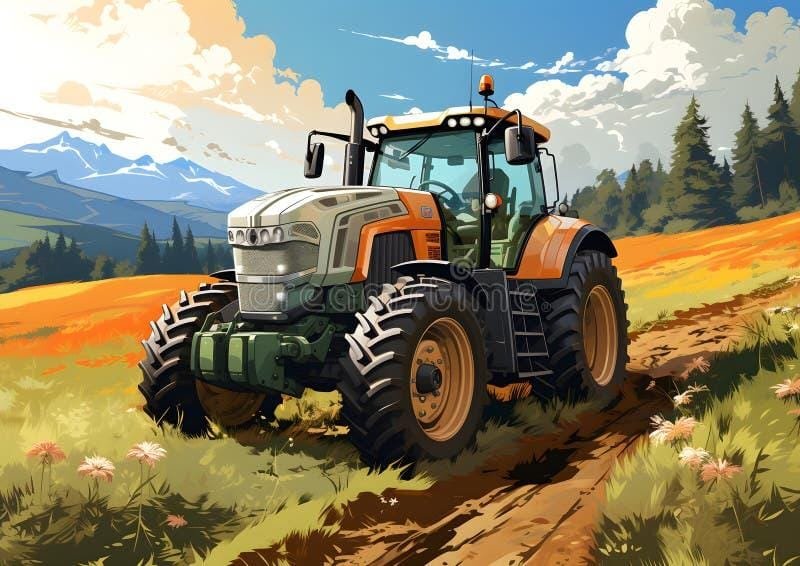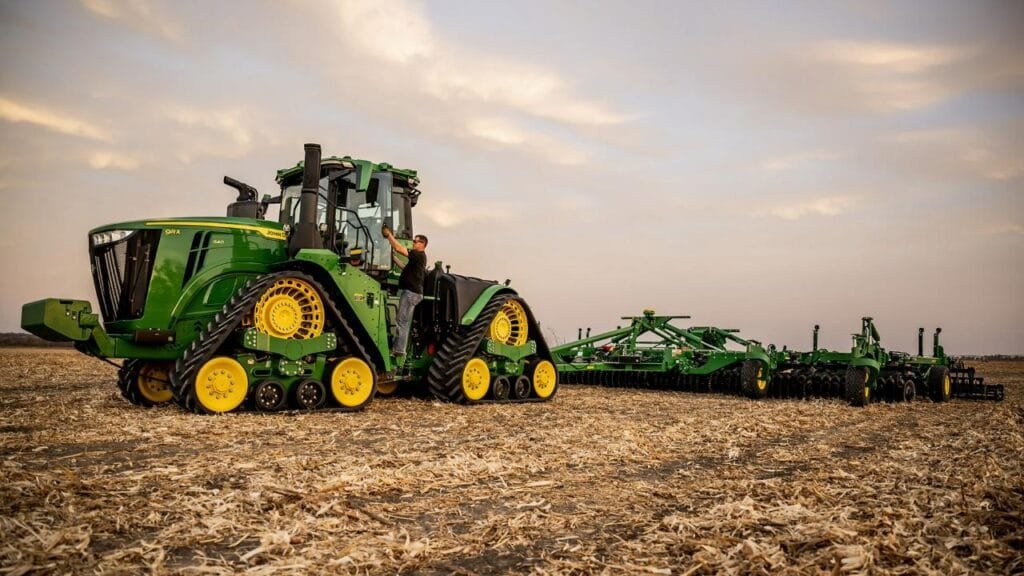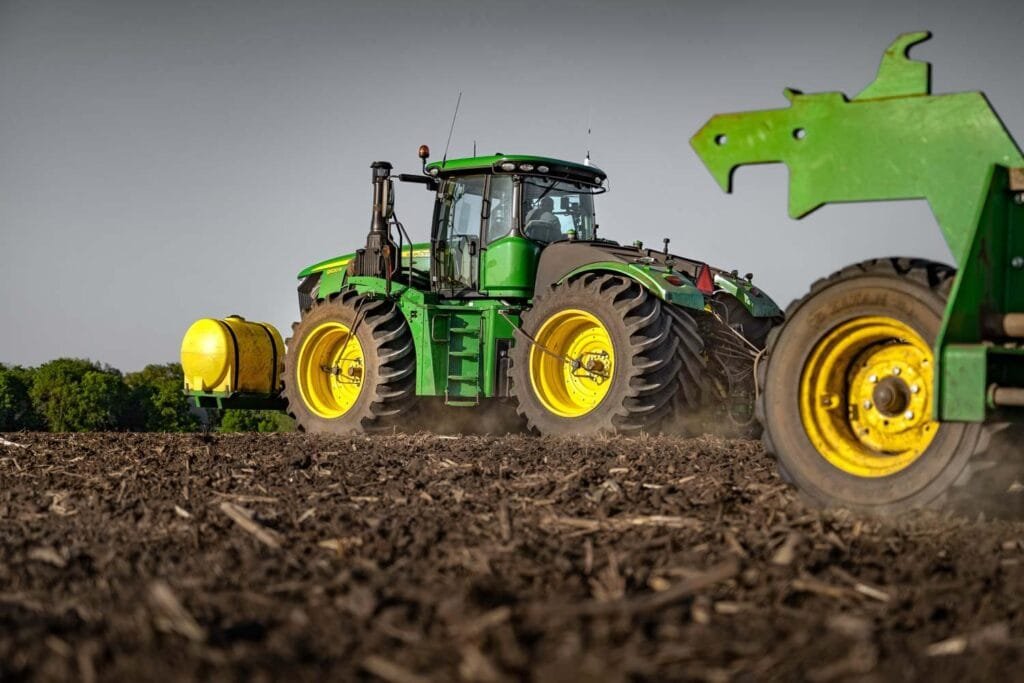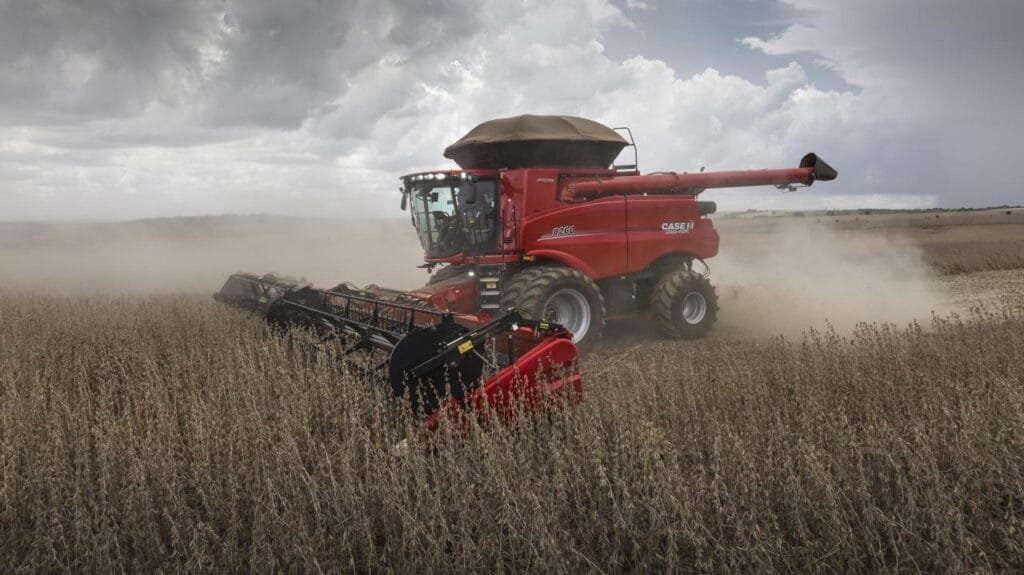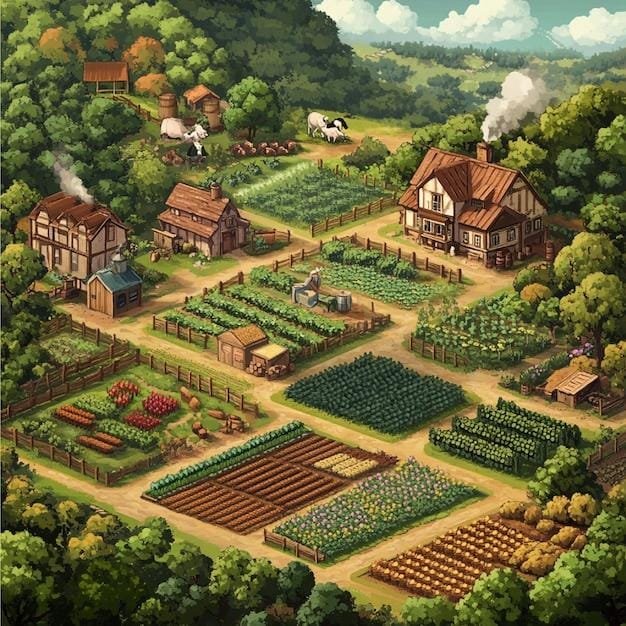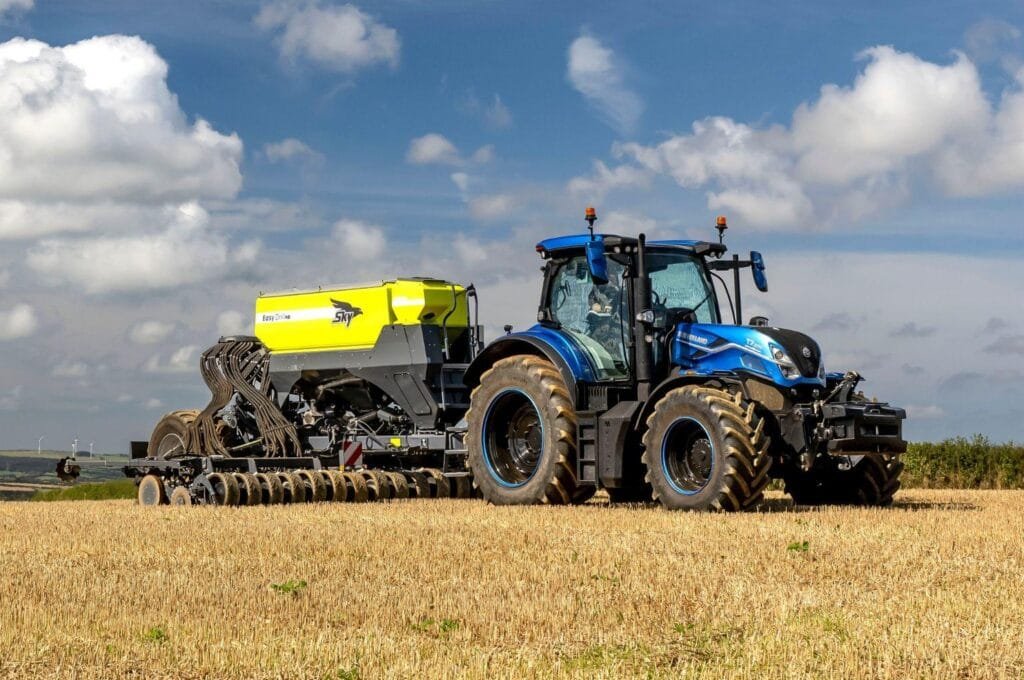The debut of electric agricultural equipment signals a pronounced inflection point in the panorama of modern farming tools. Once, iron-laden diesel tractors rumbled across fields-now, their electric successors wend quietly through leafy rows, almost foxlike in silence. The machinery’s rise does not simply illustrate a fleeting trend but demonstrates something more systemic-a gradual yet marked shift entwined with evolving sustainability priorities and the unpredictable tempo of technological change.
Market momentum surges despite countervailing pressures regarding macroeconomic uncertainties and supply chain uncertainties that often beset the global machinery sector. Yet electrification’s pull has proven vigorous enough to evoke both curiosity and wariness among growers wary of untested soils. While inventory levels for farm equipment are stabilizing, sustaining relatively high prices for implements both old and new, attention pivots firmly toward innovation rather than mere replacement cycles.
With names like Solectrac and Mahindra drawing notice for bold initiatives-Mahindra’s e-Kaali tractor reportedly moved over 10,000 units within just half a year after its release-many manufacturers now tabulate green metrics as assiduously as they do torque or horsepower figures. In Japan too, Yanmar’s SmartAssist Remote helped spur double-digit sales increases by offering unmanned fieldwork potential blended with battery-powered reliability.
Why all this hullabaloo about voltage on the farm? The rationale traces roots from climate imperatives: agriculture shoulders heavy portions of global emissions tallies. Government incentives pile up like fresh hay bales-the USDA alone is allocating $500 million in grants to drive electrification initiatives while Indian policymakers shower subsidies on homegrown efforts to expedite adoption rates. By contrast, traditionalists remain attached to diesel partly due to fuel infrastructure inertia or unease about runtime limitations when battery depots are distant.
But gradually (or abruptly sometimes) sentiment shifts as farmers experience firsthand lower maintenance downtime inherent in simple electric drivetrains compared with finicky combustion engines susceptible to Murphy’s Law breakdowns during harvest season crunches. Notably, autonomous platforms have entered row-crop rotations: John Deere’s AI-driven tractor interprets sensor feedback almost poetically-deciphering plant health metrics mid-field while plotting optimal navigation routes just shy of sentience itself. Even AGCO Corporation touts “SmartFarmer” solutions; digital overlays unlock variability management that was science fiction last decade but ordinary this one.
Of course-not every field-ready concept blooms at once; some prototypes wilt under practical scrutiny when muddy slopes or remote geography expose design limitations no amount of marketing gloss will really camouflage. Still industry analysts forecast powered ag equipment swelling from $102 billion presently toward $151 billion by late decade-a swift incline on any chart you’d hang behind an agronomist’s desk (yet occasionally you’ll spot uncertainty lines stubbornly flatten if regulatory support wanes unexpectedly). Several factors orchestrate momentum: surging world population nudges demand skyward; organic producers weigh emissions footprints zealously; meanwhile biofuel cultivation strategies recast older monoculture behaviors into greener narratives whenever possible.
Precision agriculture received quite an upgrade courtesy Internet-of-Things integration: seeders communicate telemetry continuously back to cloud dashboards where farm managers tweak moisture regimes or direct drones into canopied sectors missed by conventional sprayers-all powered not infrequently via renewable-supplied batteries rather than petrol tanks these days. Whether this represents true paradigm shift or merely glitzy evolution may yet be debated at industry roundtables long after season’s close.
Yet one crucial aspect endures regardless-for every enthusiast envisioning blade tips carved digitally by advanced CNC routers operated remotely from smart devices, another operator remains content guiding familiar machines so long as crops emerge profitably come fall. As it happens though-it’s seldom either-or now but instead an overlapping era defined equally by tradition-hued resilience and bright-eyed experimentation; sometimes those two threads converge unexpectedly like rainclouds breaking daylight across newly seeded acreage.
Considering market research projections suggesting sustained expansion through 2032 notwithstanding occasional geopolitical entanglements that bode neither gloom nor absolute sunshine for international supply chains-the arc bends toward further innovation spurred partly by economic needling yet also genuine grassroots enthusiasm among next-generation farmers eager not only for progress but also a fair shot at stewardship under ever-watchful sky.
Between push-button starts echoing through dawn mists and GPS-calibrated seed drops falling near laser precision into tilled furrows lies what some might call the very marrowbone of rural futurism-a future perhaps knotty sometimes in implementation but rarely dull along its winding row-crop lanes.


